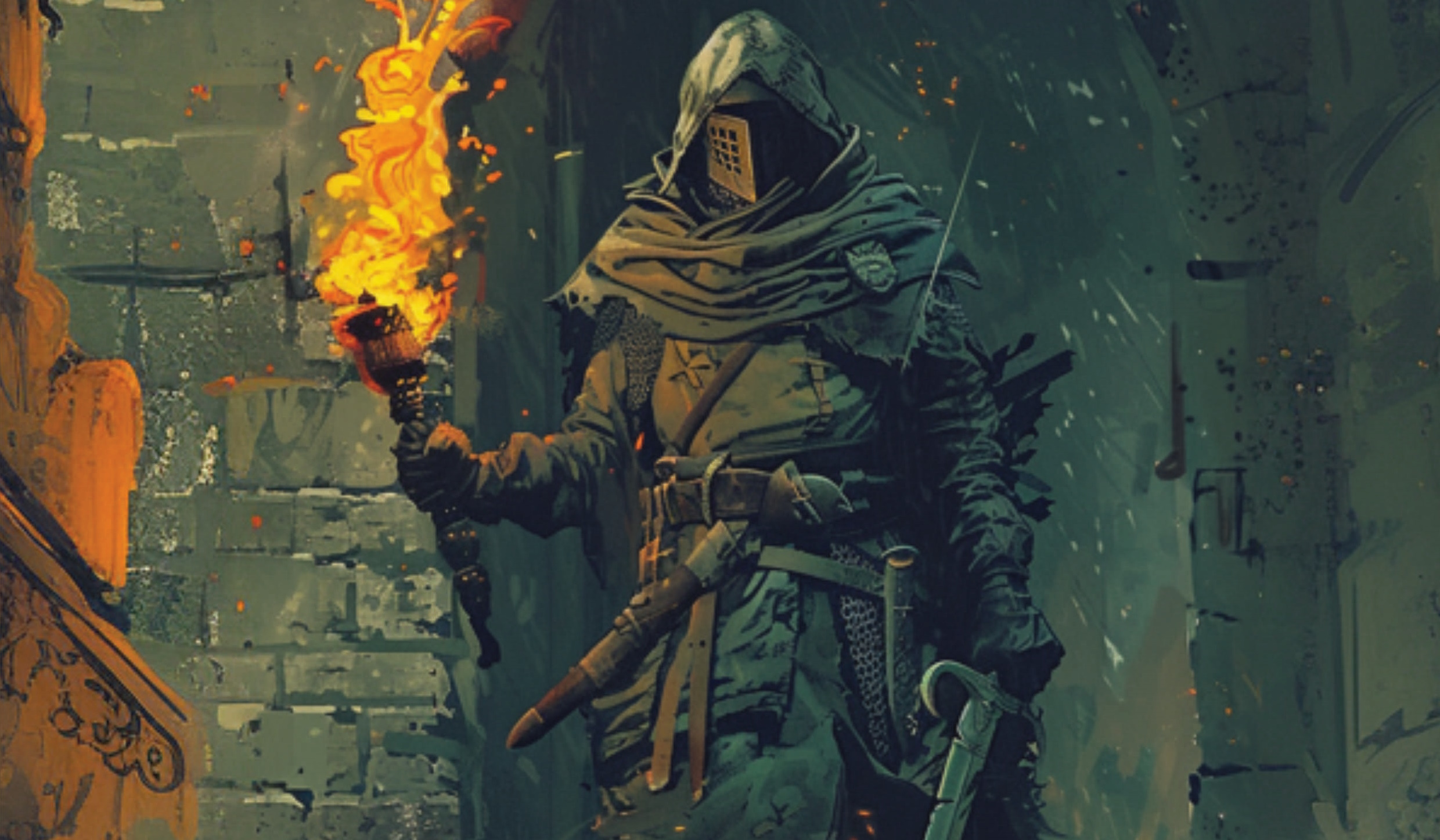Looking for a spiritual home.
Excepting this past year, I have spent the last 25 years pretty much just playing the same game system, Rolemaster and its sci fi cousin Spacemaster.
I have just recently started to look at different systems looking for something that gives me the same thrill as Rolemaster but also something fresh and exciting (Michael knows all about excitement!). The funny thing is that as soon as I discovered Eclipse Phase I also learned that 2nd Edition is in development. I have just spent much of last week reading the players guide to 7th Sea and learned today that there is a 2nd Edition of that as well.
Both of those systems shine because of the setting and if I can get a group together I would love to run them.
Right now I am in that “I don’t know what I want but I will recognise it when I see it.” phase. Some systems are a complete turn off, FATE is definitely not for me, that much I do know. One look at the sheer volume of books behind pathfinder and my blood runs cold.
I do spend a lot of time creating games. Each game I build tries to explore different possible ways of doing things. The basic anatomy of a plot is force the characters up a tree, throw stones at them, get them down again, repeat in the next adventure.
The basic anatomy of a game system is create a character, enable them to do stuff, reward them for doing stuff.
With such simple specifications it is no wonder that there are so many ways going through those simple steps.
Rolemaster has been criticised for having character creation take the best part of an entire game session but Rolemaster players see it as lovingly crafting their characters. It is funny that for a game that is so deadly the character creation takes so long. It reminds me of playing Traveller back in the 80s when you could take all afternoon to create a character only to have him or her die during the creation process.
There is an obvious trade off, the more detailed the character the longer the process is going to take to create them.
My regular players are more hack and slash than story tellers so for me the combat system has to be good. 7th Sea really stood out in this respect. I would love to get my hands on a pdf of the new rules to see if it is even better. The only thing lacking in 7th Sea so far, to my tastes, are the humour and detail of the Rolemaster criticals. I guess I cannot have everything!



3 comments